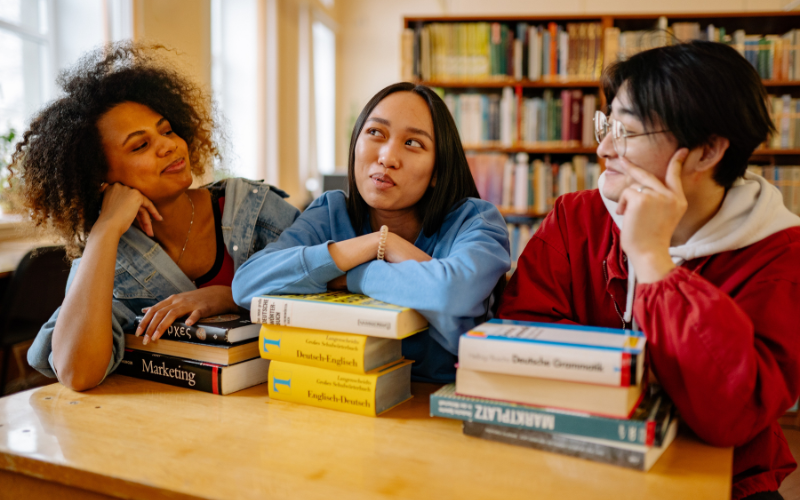
Why we need to be making time for RSE
The 2021 Ofsted report into sexual abuse in schools and colleges made a direct connection between pupil behaviour and culture. Ofsted recommend that a ‘whole school approach’ is required to tackle the ongoing challenge of child on child abuse which unfortunately has become normalised in many of our schools today.
Ofsted also made the direct link between the teaching of Relationship and Sex Education (RSE) and pupil behaviour and pinpointed the need for an outstanding RSE provision to support the creation of a healthy school culture.
Teaching inclusive and effective RSE is an important way of keeping children safe and with the added complexity of the online world currently available to young people, it’s so important that we are making time to support them with healthy ways to manage this.
Challenges with creating time for RSE
Lack of confidence
Teacher buy-in and support is crucial if we want to effect positive change and reinforce the key messages we are trying to teach young people.
However, it is rare that PSHE is taught by specialist teachers and it is often allocated to many teachers alongside their specialist subject. A lack of time means that often teachers are unable to spend time researching topics they lack confidence in and it’s important that teachers feel equipped to deliver RSE lessons and handle any safeguarding issue that may arise as a result.
Often, the coordination of PSHE falls to a teacher in a lead coordinator role. Yet we need all teachers to feel confident about answering difficult questions, challenging unhealthy attitudes and modeling an openness to discussion that we desire from our students.
Successful implementation of RSE is best when everybody understands why it’s important and everybody is on board and feeling confident.
A problem shared is a problem halved after all!
Time needs to be dedicated to supporting staff development and this is always going to be a challenge in a busy school environment. However the links with keeping children safe in education and successful RSE is clear and school leaders should be prioritising staff development around these topics.
Whole-school approach
Effective RSE teaching is synonymous with effective safeguarding. If we equip young people to be aware of unhealthy relationships, to feel confident to challenge unhealthy behaviours and to report situations that make them uncomfortable, we are halfway there with our role as safeguard leads in education.
RSE topics should sit within a spiral curriculum so that students are able to revisit topics year on year in more depth and build upon their prior knowledge. Effective resources and a solid curriculum is a great first step in meeting statutory requirements and beginning those crucial discussions around RSE topics.
What we need to consider though is how we utilise RSE outside of curriculum time to create a healthy school culture. For example using tutor time, assemblies and drop-down days to reinforce key messages.
It’s not easy to implement a whole-school approach with minimal buy-in from all key stakeholders. It’s essential that parents are consulted and that students are able to share their voice in the implementation of a healthy school culture. All staff should be on board with wanting to effect positive change to how young people are communicating with each other and to do that, we must have support from the senior leadership team and school governors.
It’s not a straight-forward task and is one that involves lots of planning, consideration and follow up. Yet the effectiveness of a whole-school approach cannot be denied.
Student voice
Teachers and school leaders can champion RSE and work towards creating a healthy school culture, but it is never going to be as effective as it can be without hearing from young people themselves.
It’s crucial that we conduct student voice activities as frequently as possible to ensure we are hearing about topics they need more of which allows us to be responsive to their needs and what is happening in real life.
Equally we must ensure we are creating the right space to enable student voice to be representative of the student body.
How can we make sure we are hearing from all students and not just those with the loudest voices? This can be the case in discussion based lessons, and there are a number of ways we can support students who lack confidence in putting their opinions across.
Focusing on being responsive to the needs of our young people and increasing engagement through active participation in the curation of the PSHE curriculum will ensure that our relationships and sex education is meaningful and current. This isn’t a quick task but one that feels integral to the creation of a health school culture.
For more on student voice check out our blog What Young People Want from RSE in Schools.
Become a Life Lessons partner today!
